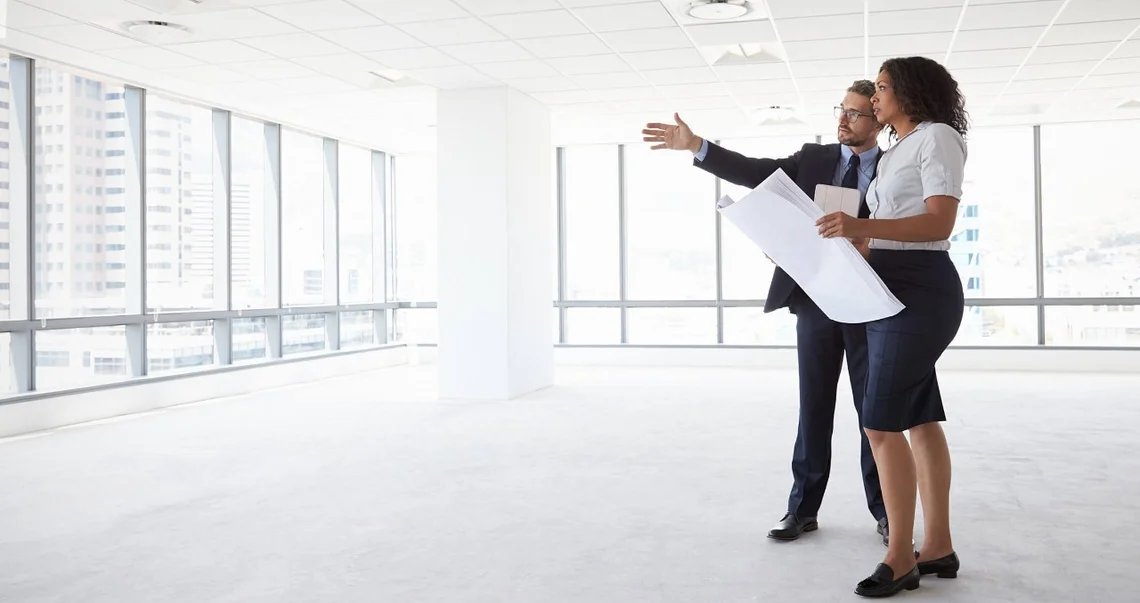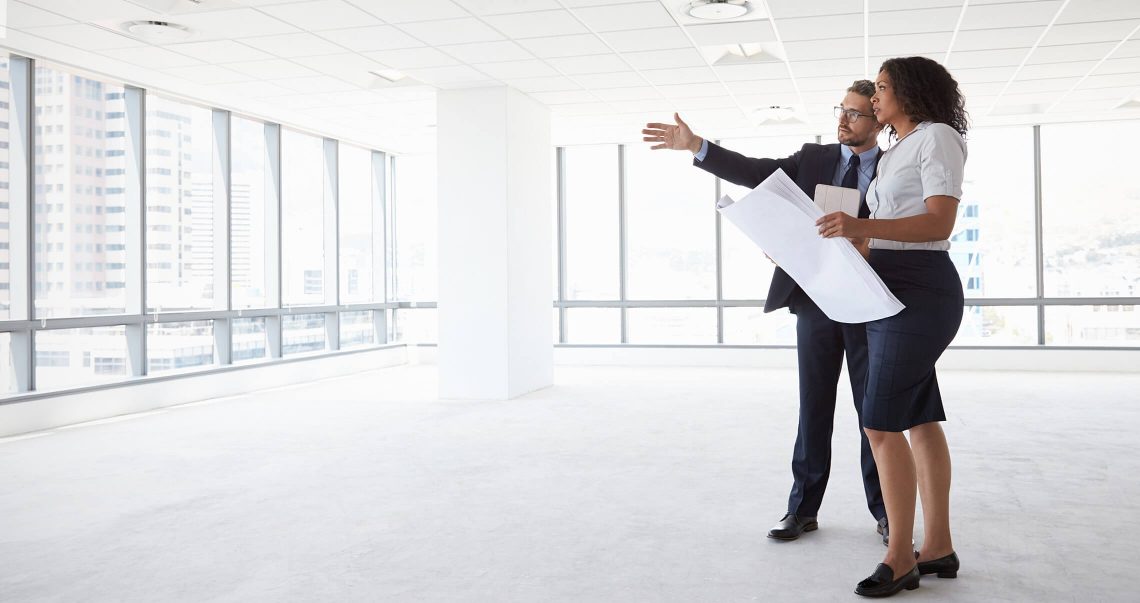What to know when deciding to lease or buy commercial property
As many retail stores and small businesses continue to scale back due to the long-ranging effects of the 2020 pandemic, the market for commercial property is changing. Is this a good time to consider buying an office building or storefront? If you're currently renting but would consider owning a building, it may be helpful to understand the local real estate market and whether you should lease or buy commercial property.

Pros and cons of property ownership
The decision to rent versus own commercial property is based on several factors, including your type of business, tax planning strategies and the resources you have available to help manage a property. When real estate prices drop and prime commercial space becomes available due to shifts in the economy, buying opportunities may arise. Ultimately, weighing the pros and cons can help you make the right decision.
Pros
Some advantages of owning the property your business operates out of include:
- Building equity: Commercial property owners build equity over time as they pay down their mortgage loans.
- Control over design: Generally, owners have greater decision-making power in the interior design and layout of commercial space.
- Additional income: When you buy a property, you may be able to lease some of the space to generate rental and property management income, helping sustain your business.
- Expenses to offset taxable income: Some costs associated with owning a property, such as mortgage interest and depreciation, can be deducted from income when calculating business taxes.
- Increased value: Commercial property can be viewed as a long-term investment, giving you the potential benefit of price appreciation.
Cons
However, there are some potential drawbacks to consider.
- Additional expenses: As a property owner, you'll shoulder additional expenses such as insurance and property taxes. Repair and maintenance expenses could also increase, although some commercial leases require tenants to cover these costs.
- Less flexibility: Depending on the market, commercial properties may be difficult to resell or rent. If you need to downsize or move to a new location, owning a property may hinder and slow down your business transition.
- Fluctuating value: Real estate values fluctuate, and there's a risk that the value of your property remains flat or declines rather than increases.
- Fluctuating rental market: If you choose to rent a portion of the space and your tenant moves out, it may take a long time to find a new tenant.
- Additional time and knowledge required: Property management is a business in its own right. To properly manage your building, you may need to take time away from running your business to learn about commercial real estate.
When purchasing property makes sense
In addition to considering the pros of ownership listed above, your purchase's timing also plays a role. Circumstances may arise that make ownership a more attractive solution. These might include:
- Current tax incentives: You may be able to take advantage of new tax incentives designed to encourage property ownership in your community.
- The condition of the property: Rather than lease a property in as-is condition, buying may give you more control over design and customization. This might work better for your future business plan.
- Need to diversify income: If you're looking for a steady income stream to offset a seasonal business and help manage cash flow, rental income from a commercial property can provide a solid base of predictable revenue.
When to consider leasing
Before you commit to purchasing a property, take a look at your current situation to decide if leasing works better for you. Renting office or retail space may be the right decision if you're dealing with one of the following situations:
- Uncertainty: If the future is unclear due to a changing economy or new business challenges, you may want to hold off on purchasing a property.
- Lack of time: When you need to focus on your primary business rather than worry about real estate or building maintenance, renting may be a better option.
- Alternative investment options: You may choose to invest in available opportunities to help grow your business rather than allocate funds toward a down payment on a commercial property.
- Lower risk tolerance: If you aren't prepared to take on any potential risks associated with owning commercial property, you might be happier leasing the space you need.
Knowledge of the local real estate market can help you decide whether to lease or buy commercial property. Location is a factor, as with residential real estate. Buying a property for your business can be a highly individualized decision, but it's also a rewarding one if you're prepared to take on this venture.





